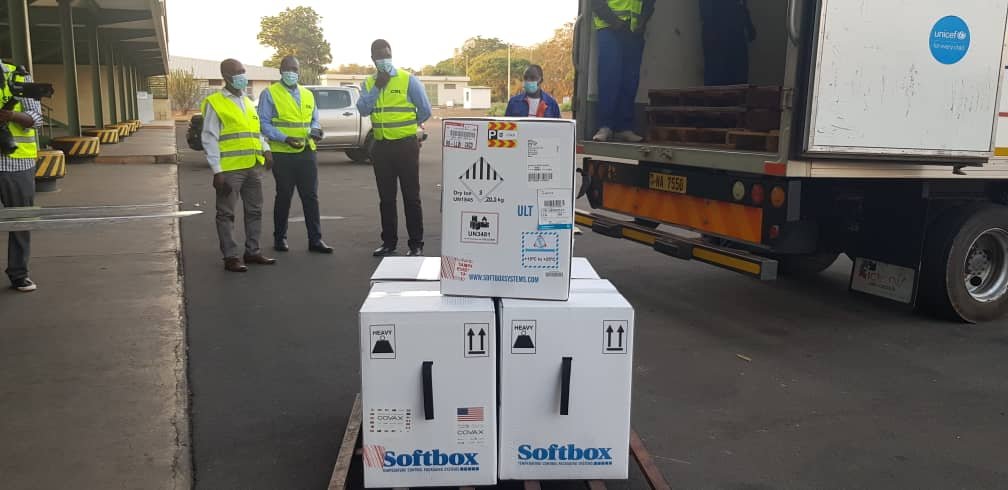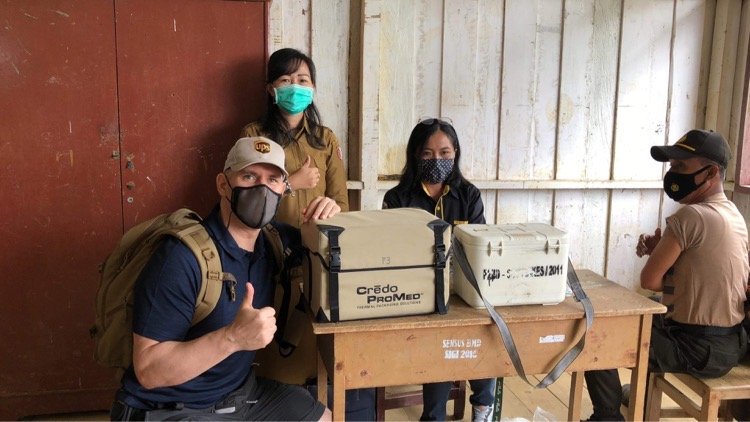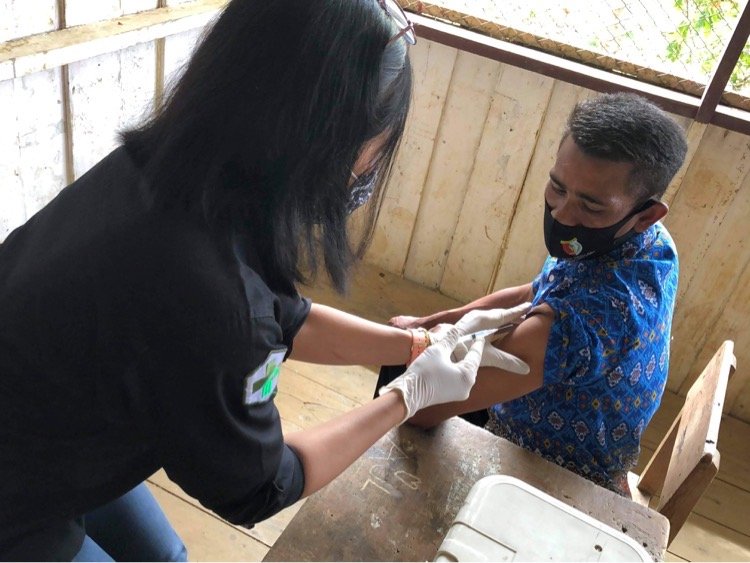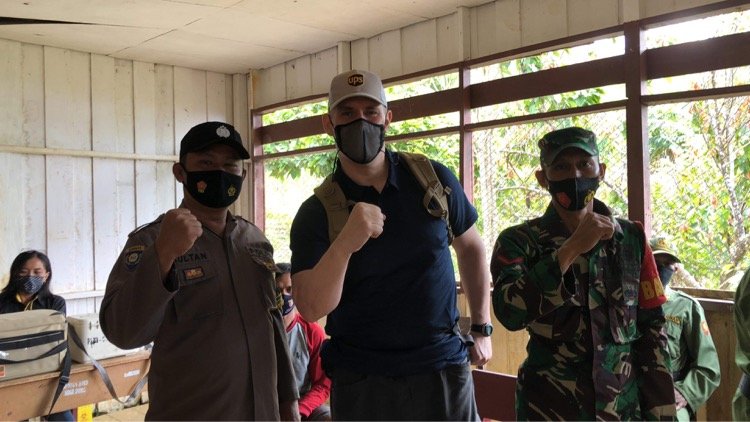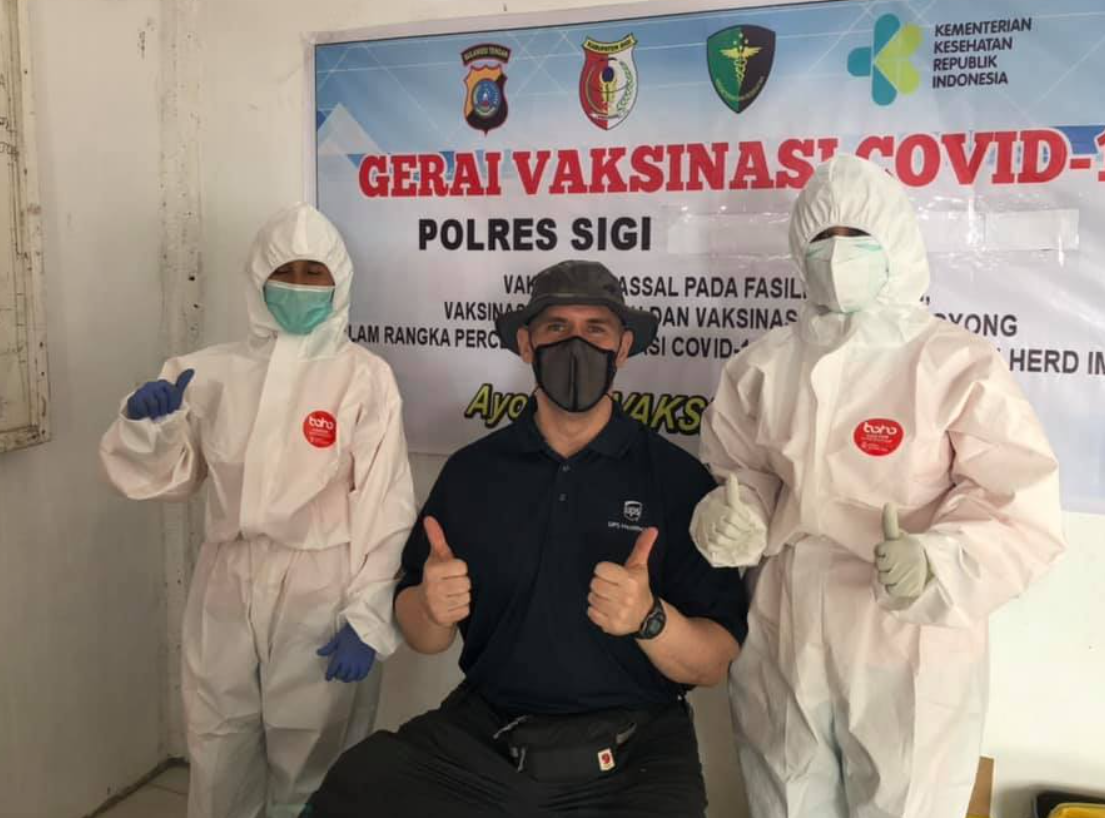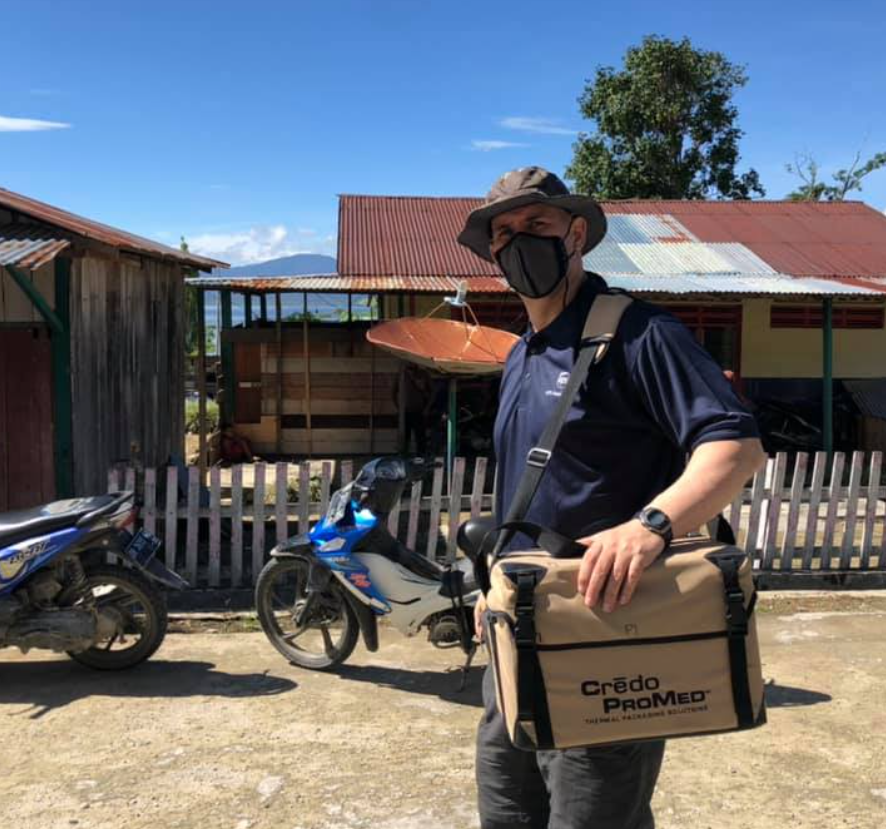COVID-19 Response: Ultra-Cold Solutions and Vaccine Distribution in Indonesia
June 1, 2021
Navigating the Cold Chain Challenge
In the ongoing battle against the COVID-19 pandemic, the Pfizer vaccine has emerged as a critical tool for safeguarding public health. However, its unique requirement for ultra-cold temperature storage presents a logistical challenge, especially in areas with little to no ultra-cold infrastructure (fridges, freezers, and dry ice).
The UPS Foundation contracted Red Lightning to go to Indonesia for 3 months to work towards a solution.
Pfizer's Cold Storage Demands
The Pfizer COVID-19 vaccine is sensitive to temperature fluctuations, and it must be stored within a strict ultra-cold temperature range of -90C to -60C for longer term storage. It is impractical to transport all vaccines at this temperature range because it requires expensive and hard-to-move freezers. Vaccines can also be stored at 2C to 8C for shorter term storage. Maintaining this balance is crucial for successful delivery.
Conventional Solutions: The Role of Ice-Based Carriers
One solution to ensure temperature control is ice-based carriers. These carriers utilize ice packs to maintain the required temperature during transit, ensuring vaccines reach their destination while retaining their potency. However, this approach has its limitations. One limitation is that they depend on dry ice to maintain their temperature. In many of the areas where we work, there is no infrastructure to produce or maintain dry ice. Another challenge is that ice melts quickly. If the initial quantity of ice is increased, then there is less room for vaccines and it is heavier. As the distance the vaccine goes increases, the more challenging it is to maintain the required temperatures.
Breaking Boundaries with Phase Change Material Technology
In the quest for more effective vaccine delivery solutions, researchers and organizations turned to Phase Change Material (PCM) technology. PCM, a substance that transitions between solid and liquid states at specific temperatures, offered a breakthrough solution. Paraffin-based wax panels infused with PCM have shown remarkable potential in maintaining the necessary temperature range for 4-5 days.
PCM-based boxes are pre-conditioned to absorb and release heat at precise temperatures, effectively acting as temperature stabilizers. These boxes can maintain the required 2C -8C temperature range for up to 4-6 days. This game-changing capability significantly extends the reach of vaccine distribution, especially in areas with limited infrastructure.
Sulawesi's Success Story: Overcoming the Last-Mile Challenge
The Indonesian regency of Sulawesi found itself at the forefront of this innovation. In collaboration with partners like The UPS Foundation, The Salvation Army, and the Sigi Regency Ministry of Health, Sulawesi embraced PCM technology to tackle the "last-mile" challenge – reaching remote and underserved communities. The implementation of PCM-based solutions showcased how innovation, collaboration, and determination can bridge critical gaps in vaccine distribution.
Red Lightning and The UPS Foundation delivered 17 CREDO carriers and trained staff on how to use them. They have been used to move vaccines into extremely hard-to-reach areas that are within a 4-5 days journey of a location with a freezer.
Thank you to our partners at The UPS Foundation, The Salvation Army, and the Sigi Regency Ministry of Health. Their collaboration and commitment played a pivotal role in ensuring that the benefits of advanced vaccine technology reach even the most hard-to-reach.

